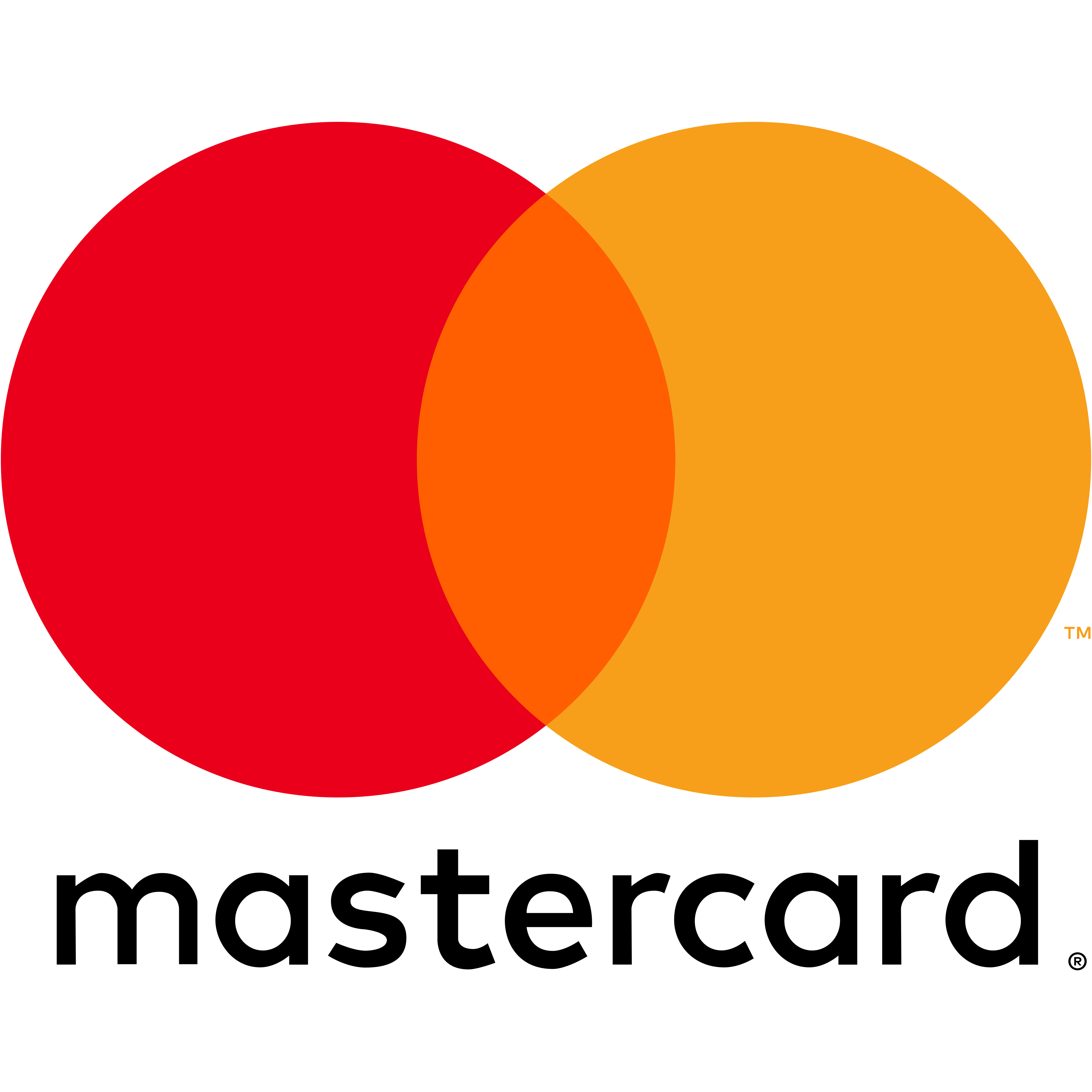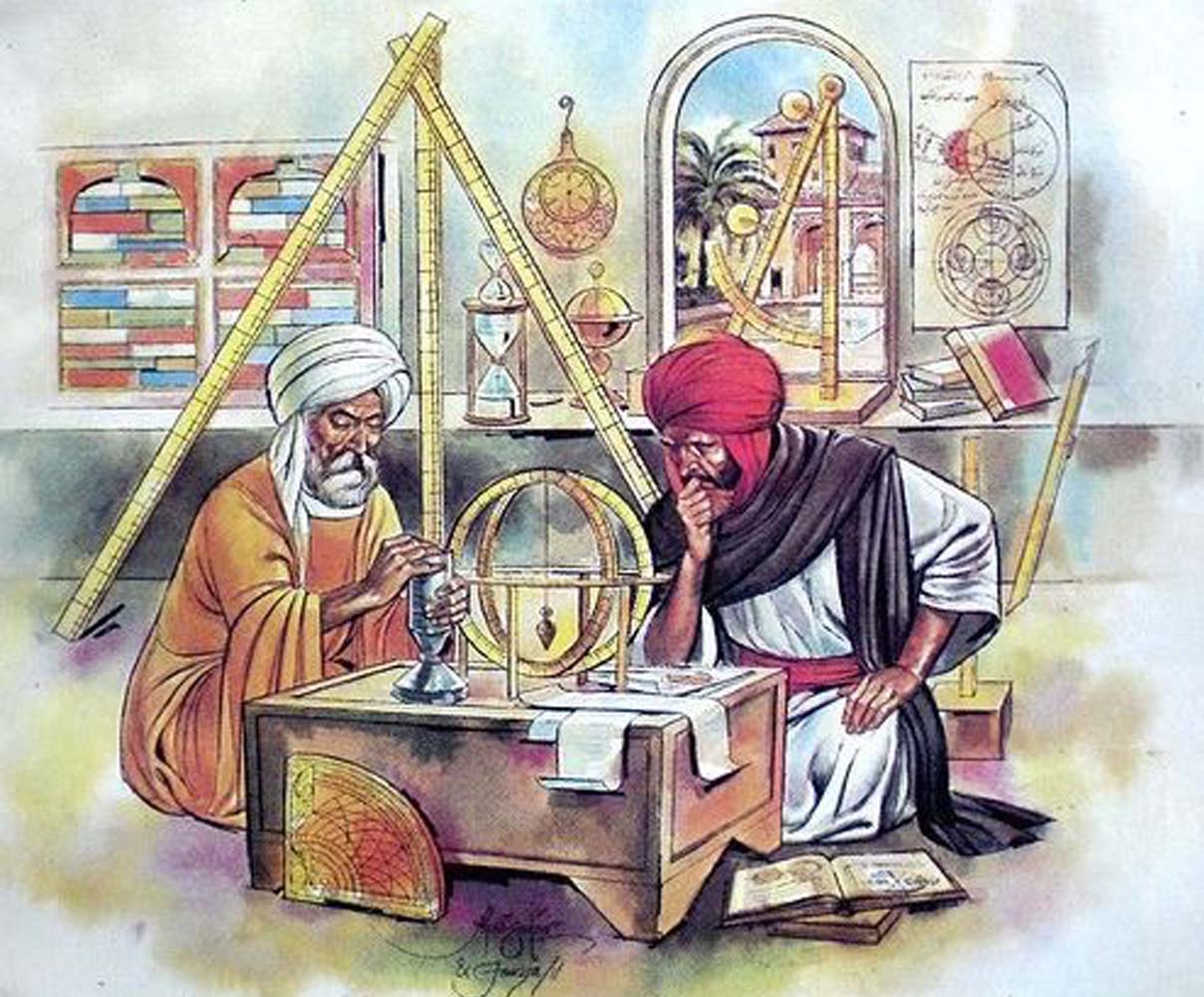In my 28 years of creative life, I have written on thousands of topics, but I have avoided writing on one topic despite demands and requests. This topic is: The intellectual endowments of Muslims upon the modern Western world. The reason for avoiding this topic is that the most significant and important knowledge in Islamic civilization is theology. Theology includes knowledge of God’s being and attributes as well as His commandments. The success of Muslims in this world and the hereafter depends on this knowledge. However, the problem with the modern West is that it has elevated the knowledge of science and technology to the highest level. As soon as we start discussing the notion that all of the modern West’s scientific and technological advancements are owed to Muslims, we begin the process of giving undue importance to science and technology. Islam is not against science and technology, but in the civilizational cosmos of Islam, science and technology are considered secondary knowledge. Islam encourages the study of the material world and the phenomena of the universe, but in its view, material facts and cosmic phenomena should be regarded as signs of the “Truth” and should bring people closer to their Creator and Master. However, modern Western science neither acknowledges God nor adheres to religion. Hence, linking modern science to the intellectual tradition of Muslims is not without danger. Unfortunately, there are writers among us who, while believing that modern science and technology are the exclusive glory of the West, continuously curse and abuse Muslims, stating that Muslims have no standing before the West. They say, “You have no science, no technology. You neither invent anything nor innovate, and on top of that, you criticize the West. Aren’t you ashamed?” Reading such writings has always made my blood boil, but since I do not consider the progress of science and technology to be of particular importance, I have avoided discussing this topic. However, Javed Chaudhry, Hassan Nisar, and Muhammad Bilal Ghauri have crossed the limits in insulting Islamic civilization and Muslims, which has compelled me to take up the pen on this subject and discuss the intellectual, scientific, technological, and cultural endowments of Muslims to the modern West. But before delving into the main topic, let’s see how Javed Chaudhry, Hassan Nisar, and Muhammad Bilal Ghauri have insulted Islamic civilization and Muslims.
Javed Chaudhry writes: “Look at the misfortune of the Islamic world today, we cannot even protect the Kaaba without European guns, tanks, cannons, bullets, and American warplanes. Our educational state is such that not a single university from the Islamic world is in the list of the top 100 universities in the world. All the research papers produced by the entire Islamic world amount to only half of the research produced in one city in the US, Boston. The rulers of the entire Islamic world go to Europe and America for treatment, they want to spend the last part of their lives in Europe, America, Canada, and New Zealand. Ninety percent of the world’s history is in Islamic countries, but ninety percent of the affluent people from the Islamic world go to Western countries for tourism. In the last five hundred years, we have not given the world a single medicine, weapon, new philosophy, food, good book, new sport, or good law. If we had at least invented a good shoe in these five hundred years, our obligation would have been fulfilled. In a thousand years, we have not been able to create a clean toilet. We have not even made socks, slippers, and clothes that are cool in summer and warm in winter. If we had at least made paper, a printing machine, and ink for the publication of the Quran, our honor would have been saved. We even get the cloth for the Kaaba’s covering from Italy. We even buy the sound system for the holy mosques of Mecca and Medina (haramain-shariifain) from Jewish companies. Even Zamzam water is extracted by infidel companies. Our prayer beads and prayer mats come from China, and our Ihram and shrouds are made on German machines. Whether we admit it or not, it is a fact that the 1.5 billion Muslims of the world are nothing more than consumers. Europe invents and creates blessings, brings them to the Islamic world, and we use them, and then we glare at the inventors and creators. Believe me, the year Australia and New Zealand refuse to provide sheeps to Saudi Arabia, Muslims will not be able to perform sacrificial rituals during Hajj. And the day Europe and America stop selling cars, planes, and computers to the Islamic world, we will be confined to our homes, unable to venture out into the city. This is who we are, and this is our worth.” (Javed Chaudhry’s column. Daily Express, March 4, 2018)
Now, observe Hassan Nisar’s nonsense. In one of his TV programs, the recording of which is available on YouTube, commenting on a statement by a “Maulana,” he said: “Man, for God’s sake, let these ‘Maulanas’ allow Muslims to live. Let them live. Let our children compete with the West. Have mercy. What kind of revenge are they taking from us? The disaster and ruin of Muslims began when ‘Maulana Islam’ said, ‘We don’t need the printing press.’ We went centuries back. The first medical college, Maulana said no, this is un-Islamic. They say this flush system is non-Islamic; the toothbrush (all these were brought by the West). Understand this. Not a single well-digger (meaning Muslims); the hand pump was brought by the white man. Have mercy on us. When they fall ill, they rush to the hospital. Have you made even a single medicine, any surgical instruments or machines? Aren’t you ashamed? It’s better to die than this. Going to the hospital means you have placed yourself at the mercy of the West. All those tests, etc. … You sit on a plane to earn the rewards of Hajj and Umrah, then at least give 5 percent of the reward to those who facilitated you. It used to take lifetimes to travel for Hajj and Umrah, and no one knew if they would return or not. Now our mosques are mostly air-conditioned, and we peacefully perform our prayers. They gave us electricity through which this conversation is happening and reaching millions of people. From rail to car, you sit on them, and cruises too. From bicycles to satellites, the West has given us everything, from poultry to hybrid seeds, from TV to supercomputers, smartphones to blood transfusions. We have no shame. From injections, which were mocked by the Mullahs, to loudspeakers, which were called Satanic instruments. From Disprin to liver transplants. I pray for their health. May they keep moving and walking; may it never come to a liver transplant. Fear God, from robots to going to Mars. We don’t have anything. Show me one contribution of Muslims to humanity in the present era. You are living your lives at their (West) mercy. Turkey, the Ottoman Empire, that ruled over three continents, ruined us. They turned Muslims so backward.
Naked legs and no Hijab or alcohol, no more. Edison gave his life to give us more than a thousand inventions. Why don’t they think so? In their minds, Westerners are also creations… they are creations of my Lord. The Quran tells us a wisdom: “Indeed, you will prevail if you are believers.” The one who always prevails is the one closest to the believer. And we are liars. Nothing pure is found here; while there (in the West), the concept of adulteration doesn’t even exist. We have counterfeit factories. People loot the country and go abroad. Oh, what do you do? And you curse the West! On what basis are we a nuclear power? From where do you claim to be a nuclear power? This was an accessory, a tool in World War II, this weapon was already used. It was conceived and made before that, then it was used in Hiroshima and Nagasaki. So we are a nuclear power? Tanks, modern weapons, where are they from? Who are these people? The Westerners. Oh, prepare your children to compete with the Westerners. Prepare your children, or our children will be trampled under their feet. What is happening to us. Oh, where do you go for higher education? You don’t have a decent higher education institution in your entire country. This question is intended to destroy my blood pressure. Maulana, fear God. Be afraid. Saying such things means you do not believe in the Day of Judgment. There will be no justice, this means. Westerners… Westerners have the highest level of morality and ethics. I am saying this. Two fatwas against me. And at every step, your elections are false, you are saying it yourself. Your assemblies are fake. Our elections are fraud. Your prime minister, your everything is wrong. Their everything is right. Then Westerners… Oh, imitate them. Live, why are you ruining us. (Posted on YouTube on September 9, 2018)
Muhammad Bilal Ghauri mocked the claim of Hindus in his column that they had made great achievements in science and technology in the distant past. This was not an opportunity to throw mud at Muslims, but how could he, being an admirer of Nawaz Sharif, not mock Islamic civilization and Muslims? Hence, Muhammad Bilal Ghauri wrote under the title “India Can Be Defeated”:
“In our country too, many researchers have worked diligently in this regard. There are such unique individuals who, after every invention or discovery, find a reference that so-and-so in the university of Cordoba, Toledo, or Seville had presented this theory many centuries ago. Many of our religious scholars and researchers have proven in their writings that the modern scientific inventions and research happening today were already done by Muslims many centuries ago. Compared to India, our right of preemption on science and research is much stronger. For example, we have proven that before the Wright brothers, Ibn Firnas invented the flying machine. Five hundred years before Galileo, Ibn Hazm had proven that the earth is round. Our list of ownership is much longer than that of India. But if the government supports it, we can move forward with even more enthusiasm. If historical references are found and a claim is filed, at least the fraud and deception of these infidels can be exposed. If an annual Pakistan Congress is held here like in India, and not only prominent religious scholars but also intellectuals promoting such alternative narratives are invited, then surely India can be defeated in this field very soon.” (Daily Jang, January 10, 2019)
When we reviewed the “words of wisdom” of Javed Chaudhry, Hassan Nisar, and Bilal Ghauri together, an old poem came to mind:
جعفر از بنگال صادق از دکن
ننگِ ملت، ننگِ دیں، ننگِ وطن
(Jafar from Bengal, Sadiq from Deccan,
A shame for the community, the religion, and the country)
Dear TNT Reader,
At The News Tribe, our mission is to bring you free, independent, and unbiased news and content that keeps you informed and empowered. We are committed to upholding the highest standards of journalism, as we understand that we are a platform for truth.
Apart from independent global news coverage, we also commit our unique focus on the Muslim world. In an age marked by the troubling rise of Islamophobia and widespread misrepresentation of Muslims in Western media, we strive to provide accurate and fair coverage.
But to continue doing so, we need your support. Even a small donation of 1$ can make a big difference. Your contribution will help us maintain the quality of our news and counteract the negative narratives that are so prevalent.
Please consider donating today to ensure we can keep delivering the news that matters. Together, we can make a positive impact on the world, and work towards a more inclusive, informed global society.
Donate Monthly Subscription Annual Subscription





